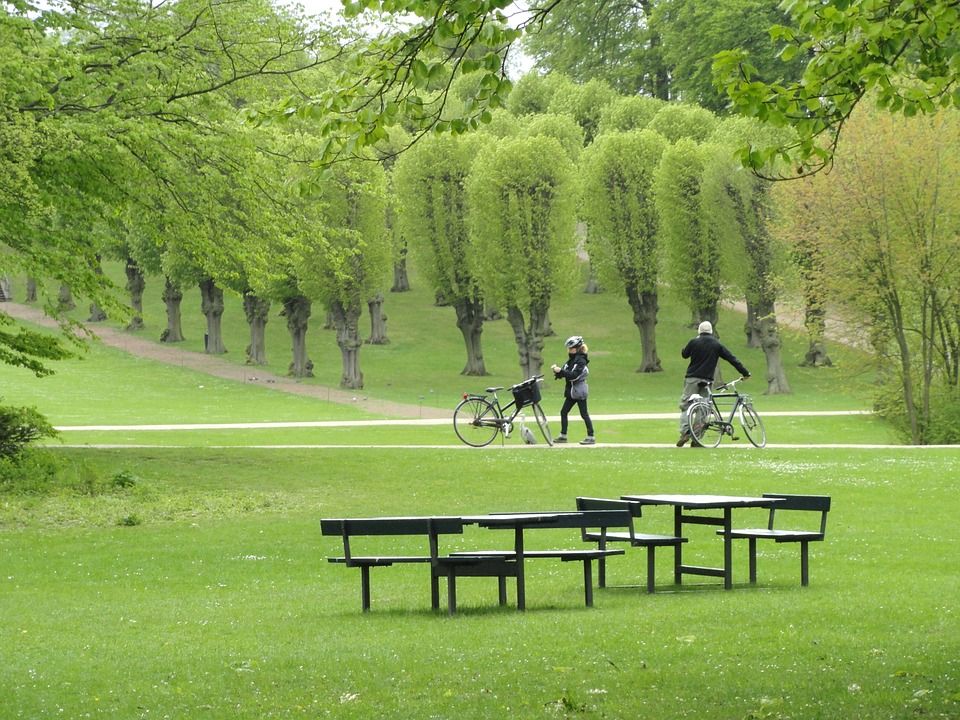With Copenhagen’s population set to increase by 100,000 in the future, the Danish capital is looking to spend 10 billion kroner on developing the city in order to accommodate the new residents.
The funds will be spent on new parks, football pitches, culture centres (libraries included), swimming pools, sports centres, new daycare institutions, psychiatry centres and elderly homes.
“The growth is putting us under pressure,” Copenhagen’s mayor, Frank Jensen, told Politiken newspaper.
“If we want to maintain the values that make this city unique – the green and blue values – we must have the planning down in good time to handle the many demands of the new citizens: from elderly care and daycare services to sport and culture.”
READ MORE: Development plans for Copenhagen nature area revealed
Need government’s help
Jensen said the ten-year-plan would help ensure the city reserves the areas needed for expansion and development. Every year 100 million kroner is required just to purchase the property needed for development.
Amager, Østerbro, Vanløse, Vesterbro, Valby, Brønshøj/Husum, Nørrebro, Bispebjerg and the inner city area/Christianshavn will all be part of the city’s development plans.
Jensen hopes the government will look at making some changes in regards to the simplification of rules that would allow Copenhagen Municipality to become more efficient and save the funds needed for the development plans.















